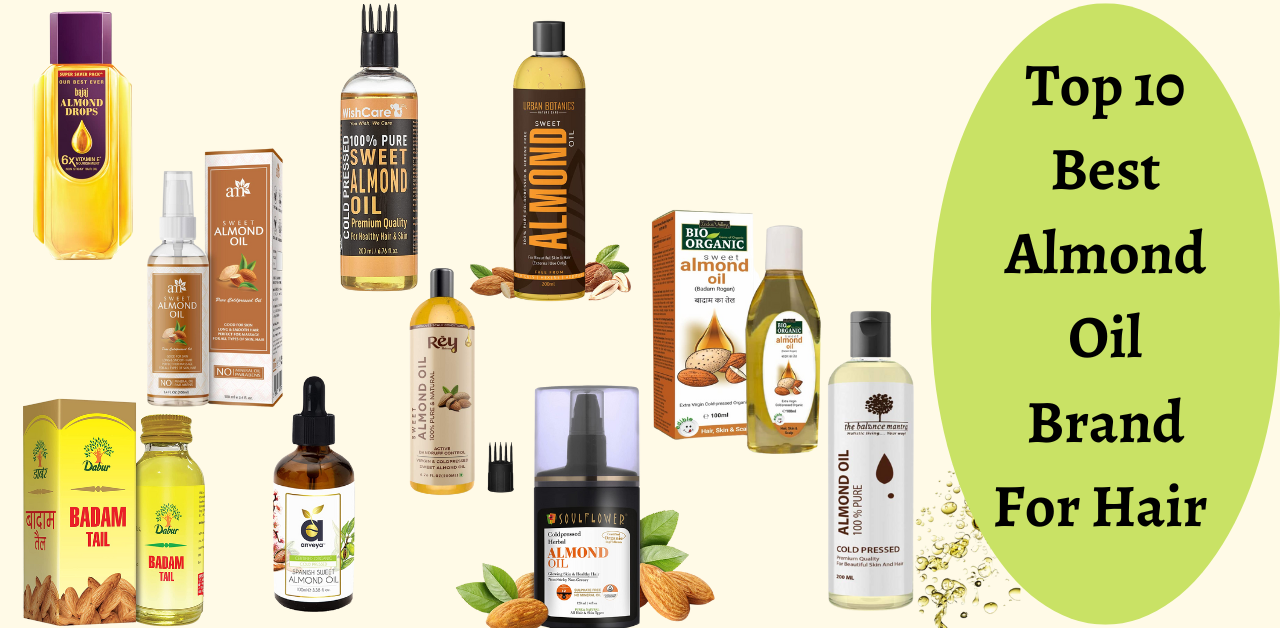Top 10 Best Almond Oil For Hair In India 2024
Top 10 Best Almond Oil Brand For Hair Almond oil is a great natural hair conditioner and hair care product. It can be used as a leave-in treatment or as a styling product. This article is a summary of the top 10 best almond oil for hair. In order to …
